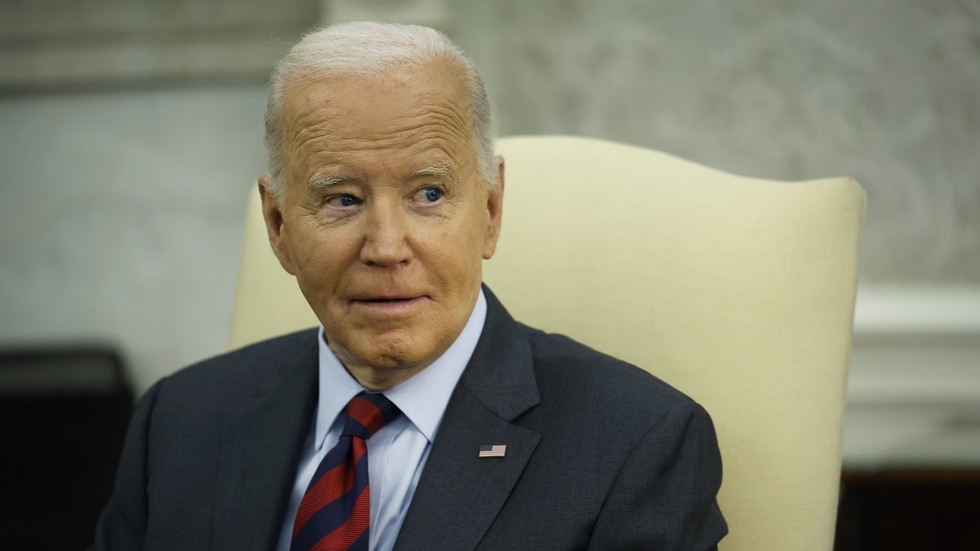Recent controversy has arisen surrounding President Joe Biden’s remarks about supporters of Republican candidate Donald Trump, with the White House Press Office reportedly altering the original transcript of his comments. Biden’s statement was made in response to a joke by comedian Tony Hinchcliffe, who sarcastically described Puerto Rico as a “floating island of garbage.” This comment has drawn accusations of racism from Democrats, prompting Biden to condemn Hinchcliffe’s rhetoric. The original transcript reportedly included Biden directly referring to Trump supporters as “garbage,” highlighting his view on the demonization of Latinos by the Trump campaign. However, an edited version released to the public changed the plural “supporters” to the possessive “supporter’s,” shifting the blame to Hinchcliffe alone.
The decision to edit the transcript was met with criticism, particularly from the head of the White House stenographer’s office, who characterized the change as a “breach of protocol” and an infringement on the integrity of the transcript. This internal strife indicates a deeper concern over transparency and accuracy in the representation of presidential remarks. In his later communications, President Biden maintained that the original intent of his words was to address the way Trump and his supporters have engaged in divisive rhetoric regarding Latino communities. Meanwhile, the altered transcript has introduced inconsistencies between what is recorded in the National Archives and what the public received, further complicating the narrative.
As the implications of this incident began to snowball, Trump seized the opportunity to capitalize on Biden’s gaffe during his campaign events, even adorning a garbage truck with his campaign logo as a symbolic gesture in response to Biden’s commentary. This move not only mocked the president’s comments but also highlighted the potential electoral ramifications such statements could have in the run-up to the elections. Meanwhile, other Democratic figures, including Vice President Kamala Harris, distanced themselves from Biden’s critique, emphasizing their commitment to avoid disparaging voters based on their political affiliations. This reflects a larger strategic concern within the Democratic camp as they navigate the political landscape leading into the elections.
The response from the Republican Party has been swift and assertive, with Representatives Elise Stefanik and James Comer calling for an investigation into the White House’s handling of Biden’s comments and the subsequent transcript changes. Their letter to White House Counsel Edward Siskel accused the administration of releasing a “false transcript,” suggesting that the alterations may violate the Presidential Records Act of 1978, which seeks to maintain the integrity of presidential communications. Their insistence that the White House staff should not adjust or reinterpret the president’s words for political expediency underlines the political stakes involved in this incident.
The controversy raises pressing questions about the standards of communication and record-keeping in the executive branch, particularly in moments of political sensitivity. Critics argue that editing presidential remarks for the sake of public image can undermine trust in government communications and distort historical records. This incident has ignited discussions not only about the particulars of this episode but also about broader issues of accountability and transparency in political discourse. The White House faces the dual challenge of managing public perception while adhering to established protocols regarding communications.
Ultimately, this evolving situation underscores the delicate interplay between politics and communication in the current landscape. As each side maneuvers for advantage, the implications of Biden’s remarks, the subsequent transcript adjustments, and the reactions from both political parties will resonate well beyond this single incident. It remains to be seen how this controversy will affect the upcoming elections, but it certainly highlights the heightened scrutiny placed on political figures and their utterances in an era marked by divisive politics and rapid information dissemination. The resolution of this issue has the potential to shape not only public perceptions of current candidates but also the broader standards governing political communication in the future.

